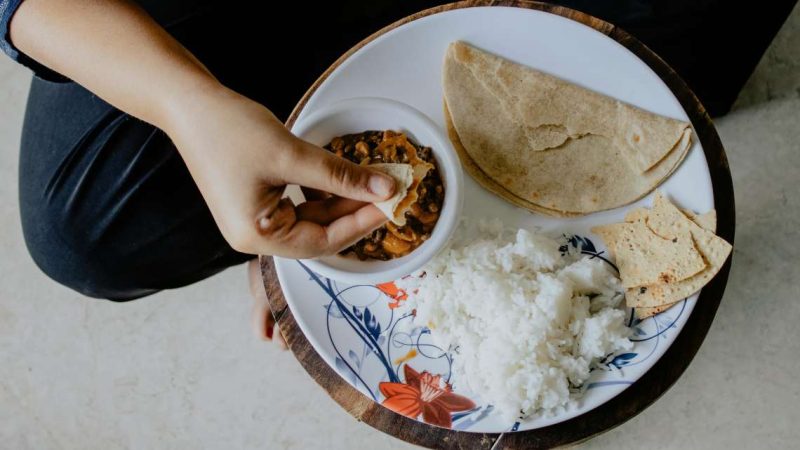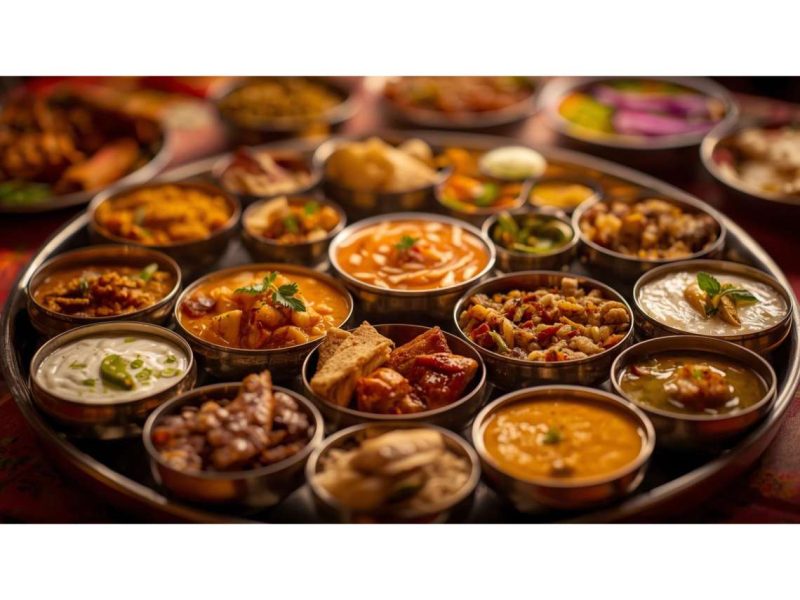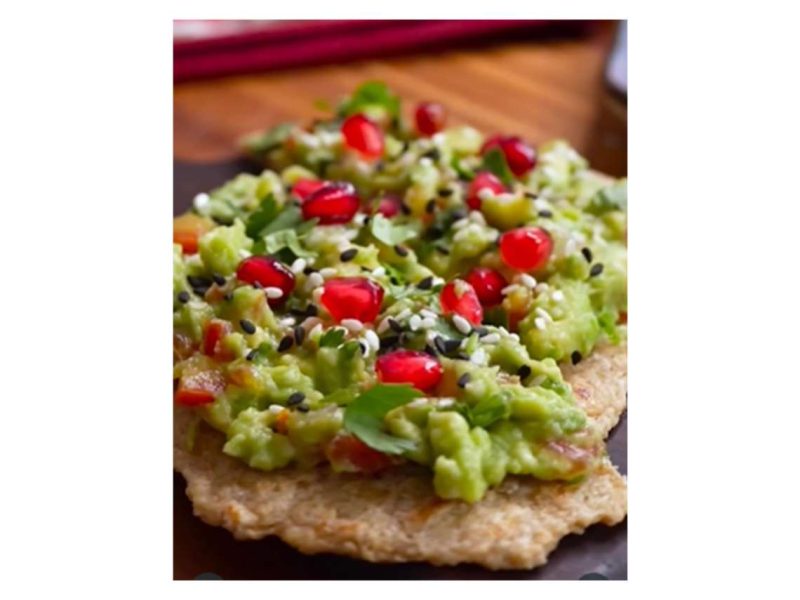
The Federation of Hotel & Restaurant Associations of India (FHRAI) on Sunday welcomed Food Safety and Standards Authority of India (FSSAI)’s decision to make registration for home-cooked food sellers mandatory.
The apex Hospitality Association has stated that food operators, whether operating from home or from dark kitchens, should be regulated for cleanliness and hygiene. If a law is applicable for hotels and restaurants, then it should be applicable to any such businesses that serve food.
It has also pointed out that unregistered, unregulated Food Business Operators (FBOs) may not be maintaining hygiene standards, which is detrimental to the interest of consumers and poses health risks.

“FSSAI has responded to our plea and is taking to task any such unregulated and illegal dark kitchens. Quite a few of these are actually funded and run by the Food Service Aggregators (FSAs) to escape responsibilities attached to operating restaurants legally and of course, also taxes. This causes a huge loss to the State and the exchequer. Not to mention the questionable hygiene standards, because there is no one to monitor and they are not registered under FSSAI,” Gurbaxish Singh Kohli, Vice President, FHRAI said in a statement.
“The FSAs are actually promoting illegal business under the guise of discounts and unreasonably low prices on food. If the FSAs stop listing such illegal businesses on their apps, these businesses will automatically follow legal compliances and apply for licenses considering most of their sales are almost entirely dependent on these delivery apps,” added Kohli.
The FHRAI has also emphasized on the need for creating a level playing field for all players in the hospitality enterprise. It has said that several dark kitchens are operating without any conformation to standard hospitality or kitchen hygiene practices. With no such regulations or checks applicable to their business, they may be putting the health and lives of consumers at risk.

“Restaurants and hotels are subjected to rigors of State and Central laws for operating Food businesses, but these illegal dark kitchens operate without any license. They have no need or requirement for adhering to any norms especially, hygiene and cleanliness related which all registered restaurants and hotels follow. This is unfair, unjust and most importantly it disadvantages ethical businesses despite doing the right thing,” said Hotel and Restaurant Association (Western India) (HRAWI) Vice President Pradeep Shetty.
Also Read-Intersecting Style And Comfort








